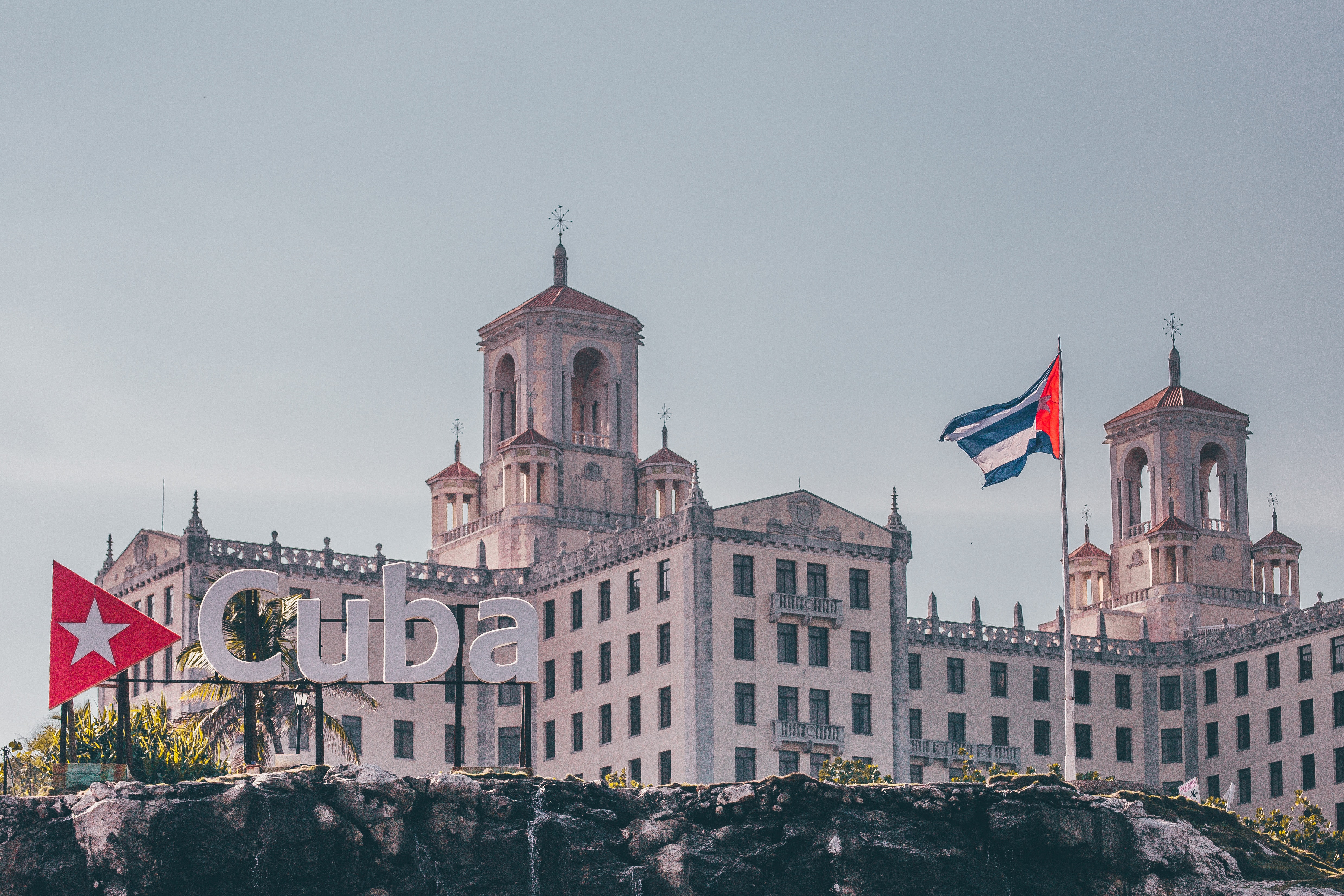
Starting on the 11th of July this year, Cuba has been rocked by protests, either for or against the government. Those demanding change are concerned about the shortages of food and medicine, exacerbated by the catastrophic affects of the COVID-19 pandemic on the country. As a country that relies heavily on tourist dollars to keep people employed and the economy moving, the closure of its borders to all non-residents in March of last year due to the threat of the pandemic did untold damage.
Without a doubt, the government of Cuba is authoritarian and is not blameless for the current circumstances the island country is facing. However, our response to the deepening crisis in Cuba must be to call for the end of the sixty-one yearlong United States embargo on Cuba. It was instituted following the Cuban Revolution, when the US-backed Dictator Fulgencio Batista was deposed by the Cuban people and after American businesses that dominated the countries economy were nationalized.
The embargo blocks all trade between the United States of America and Cuba, denying Cuba the chance to import and export with its closest neighbour and one of the largest economies in the entire world. On paper, the embargo does not prevent the flow of food and medicine into Cuba, what the protestors are upset about. However according the Inter-American Human Rights Commission, the bureaucratic process to send food or medicine into Cuba makes it almost impossible to do so.
This also prevents most of the largest companies in the world from doing trade with Cuba, because as the economic powerhouse of the world, most multinationals do have assets in the United States. To legally export to Cuba, you must have literally no connection with the U.S. or own assets in the U.S., otherwise you are in contravention of the law. You do not even need to be American to be targeted by the U.S. embargo on Cuba. Foreign business leaders have been, in fact, been banned from entering the United States over their dealings in Cuba in an attempt to ward-off all trade.
America cannot on one hand sympathize with the protesters in Cuba while simultaneously doing everything within its power to crush Cuba’s economy. For many, this position is fairly obvious. The United Nations General Assembly has voted, time and time again, to call for the U.S. to end the economic siege on Cuba. The most recent of which passed the 23rd of June this year, was supported by 182 countries, with only two countries opposing the motion (the United States of America and Israel).
It tells you everything that you need to know that even the Morrison Government is unwilling to support the United States in its opposition to ending the blockade on Cuba. Though, there is still more that can be done. President Biden must be pressured by the international community, especially among traditional allies in the West, to end the embargo as well as the Trump-era restrictions that were slapped on the Caribbean country during his term in office.
Even among one of the most fervent groups in the deposition of the Cuban Government, Cuban-Americans, there is an acknowledgement that the embargo should end. In a poll conducted in 2014 by Florida International University, it found that 52% of Cuban-Americans in Florida disapproved of the embargo. And more recently, the majority of Cuban-Americans have supported easing the embargo during the pandemic.
That is because the argument against Cuba is undeniably silly. For all of the authoritarian countries in the world to be crushed by a near all-encompassing embargo, Cuba is not even closest to the worst. If it were the case that the socialist government of Cuba is doomed to failed due to its economic policies, then the American embargo on the country shouldn’t be required. Instead, it gives the Cuban Government the perfect explanation for the economic woes that they are in.
Therefore, we should be wary about the true intentions of countries such as the U.S., who pay extremely close attention to the events of Cuba, but don’t consider the protests in Haiti, Chile and Colombia against neoliberalism as worthy of attention at all. It isn’t lost on the international community that the U.S. and Cuba have shared very fraught relations, and that the Cuban-American lobby is overwhelmingly influential in the USA (tipping the scales for Trump’s victory in Florida in the presidential election).
If anyone is concerned about the shortages in Cuba, then their response should be to call for the lifting of the embargo on Cuba.
Views: 287
